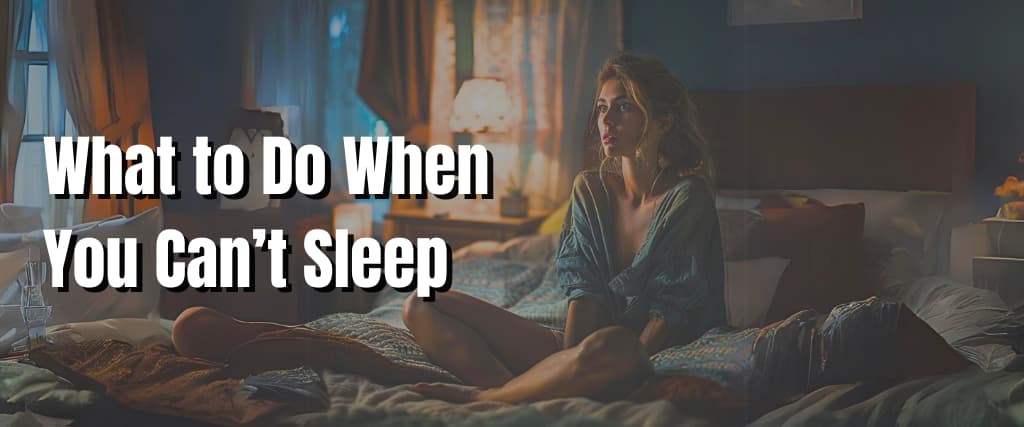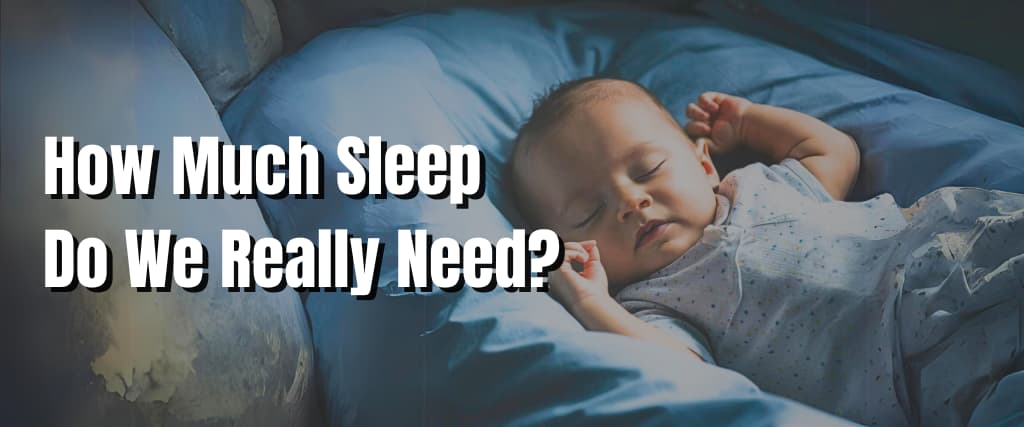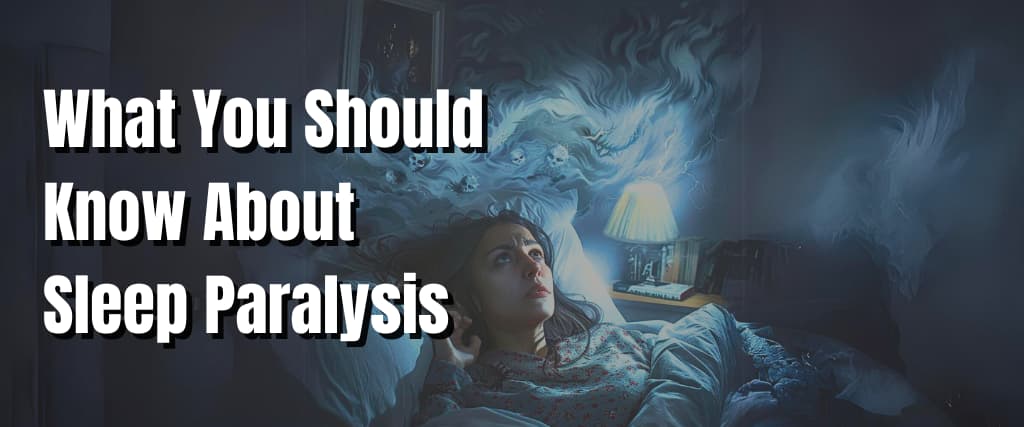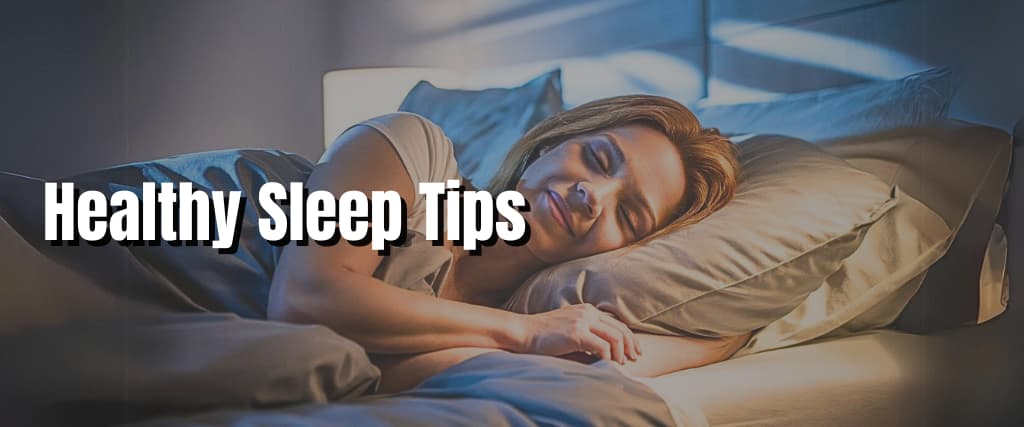Australia has recently published statistics on worrying increases in sleep disorders among adults. While this new data is alarming, it’s important to note that the problem is becoming exponentially worse each year.
Reports released on World Sleep Day show that 45% of Australian adults are satisfied with their sleep. Meanwhile, 38% don’t get enough quality sleep, and 13% don’t know how much sleep they need. So, why is Australia so sleepless?
Below is a vivid explanation that aims to explain this situation.
Australian Sleep Statistics
There is a lot of data on how many people experience sleeplessness, what gets them to sleep, and the many affected demographics.
- 40% of Australians have trouble maintaining a 7-9 hour sleep schedule
- Almost 60% of people experience sleeplessness and waking up too early 3-4 times per week
- There is a higher likelihood of sleep deprivation among people aged 12-17 than in other age groups. Most adolescents tend to not get enough sleep due to various factors. For children aged 12-15, 25% do not get 8-10 hours of sleep, and for those aged 16-17 years old, the number is even worse, with an alarming 54% not getting enough sleep
- Around 20% of Australians report uninterrupted sleeping
- 5% of Australians have caused accidents due to falling asleep while driving, as 20% of them report dozing off behind the wheel
- Australians suffering from insomnia are less productive by a margin of 80%
- 40% of sleepless Australians diet of heart disease and diabetes
- Australia spends a whopping $66.3 billion annually on health due to sleep distress
What Causes Lack of Sleep Among Australians?
The data has revealed that multiple factors keep most Australians awake. It’s unclear which factor is the most prevalent, as each person is likely to have different views on what keeps them going. Below are some of the reasons found;
1. Way of Living
- The SHF says that lack of sleep has several causes, though work stress is the prime cause. And one factor that adds to the problem is too many late-night electronic devices used among youths
- When asked about why they complain of a lack of sleep, 48.8% of them mentioned that hectic schedules could make staying up too long difficult and deprive most of them of the sense of achievement from rest
2. Surrounding
- Environmental and societal factors like work hours, shift work and traffic can influence how much sleep an individual gets. This could lead to sleep-related problems like drowsiness or fatigue, as The Institute for Social Research (ISSR) discussed
- It is not just people suffering from sleeplessness who suffer from poor external conditions even people who can sleep find it difficult because of poor living conditions or noise. Public Health Association discussed how poverty and a lack of job opportunities cause financial instability, which leads to long-term problems
- Many sleep-related factors are stopping people from getting quality shut-eye, according to a study by SleepFit. Amongst 4000 participants, 37% stated the bedrooms had uneven room temperatures. Children disrupted adults about 20% of the time, and 17.5% reported a lot of noise as the main reason
- 38% of adults with partners opt to sleep separately to gain better quality shut-eye and improve their overall well-being
3. Rise of Technology
- Around 13.8% of the average Australian adult population wakes up 2 to 3 nights to use technology, and 12.7% lose sleep once a week
- Over 28% of adolescents’ internet access has become an essential part of life. Those who have more access to the internet may not need sleep, at least not with adequate sleep hygiene and a healthy lifestyle
4. Additional Factors
- MSDC, a sleep clinic in Melbourne, encourages behavioural industries to give up sleeping as an attentive virtue and instead learn some unique ways of staying awake
- 22% of Aussies have their day begin before the sun is up, with 69% experiencing sleep problems
- 40% of people in Australia often drink alcohol before sleep, and the habit could affect their health and the quality of their sleep
Consequences Of Sleep Deprivation
Researchers have come up with numerous reasons that not sleeping enough leads to a long list of problems that can significantly impact your health, professional life, quality of life, and career. There are numerous consequences.
1. Death
- In the last two years, an estimated 3,017 Australians died due to sleep deprivation. Among these deaths, heart conditions were the most common causes
- About 29% of people in Australia admit to driving in an exhausted state once a month
- Nearly half of all accidents involving exhaustion-related occurrences happen within 25km of your departure point
2. Poor Health Conditions
- AEA conducted a study in which they found that poor sleeping habits have led to an increased risk of chronic conditions like diabetes and heart disease by 20-40%
- According to a 2016 report by the Sleep Health Survey, 20% of Australians reported suffering from insomnia, and 18% had Restless Legs Syndrome (RLS) – a tendency to feel the urge to move their legs while they sleep. Lastly, 8% suffered from Obstructive Sleep Apnoea (OSA) – obstruction of the airway that inhibits breathing during their sleep
- Insomnia is a sleep disorder in which it can be difficult for an individual to fall or remain asleep for long periods. It has been discovered that thirty to eighty per cent of the general population suffers from insomnia
- About 10% of Australians have mild insomnia at any given time. Elderly persons and women tend to suffer from it more than men
3. Cost of Living
- Deloitte’s research showed two main costs for inadequate sleep in 2016-17. One is financial, totalling $26.2 billion, and the other’s well-being totalled $40 billion
- Various studies have found that productivity decreased by 17.9 billion due to insufficient sleep, and spending on healthcare went up by 1.8 billion. There is also an impact on information, with costs rising by 0.6 billion dollars while other charge costs have grown
- Social welfare expenditure would have saved $40 billion if not for poor sleep. This figure was calculated with the help of the Disability-Adjusted Life Year (DALY) theory
What Measures Can Be Taken To Improve Sleeplessness
Sleep is an essential part of any healthy lifestyle, affecting physical and mental health. Most Australians recognise the importance of good sleeping patterns and implement a sleep strategy that focuses on increasing awareness about the importance of quality sleep for both adults and children.
- According to a 2018 survey by Philips Global Sleep Survey, 63% of Australians measure their sleep and 33% watch TV. This data also shows that 30% of Aussies reduce their caffeine consumption to sleep better
- 21% of Aussies listen to soothing music, 18% formulate a strict sleeping pattern, whereas another 18% are on prescribed sleep drugs
Type of Mattress and Quality of Sleep
- The Australian mattress market is targeted to grow by a 3.5% CAGR over ten years
- A new mattress, according to health specialists, can improve sleep quality, reduce the risk of back pain, and help you feel more refreshed in the morning
- Online mattress companies make ordering, buying, and replacing mattresses easier for customers. This has led to increased customer popularity and the introduction of many new brands of mattresses
- Mattresses are expected to have high demand, with more focus being placed on function and form
- Mattress manufacturing in Australia hurts the environment. Around 1.8 million mattresses are going to landfills annually, which can cause problems for recycling centres
Bottom Line
A study has shown that 42% of Australians struggle with sleep problems. Further research is needed to understand the extent of these concerns and what can be done about them.
About 16% of participants reported using sleep assessment to get a once-over of their sleeping patterns, while 43% accepted pharmacotherapy.
Numerous studies are conducted every day, so be sure that we will post the results as they come in. Excellent sleep positively affects multiple areas of your life and body; the more you sleep, the less likely your health will suffer.






